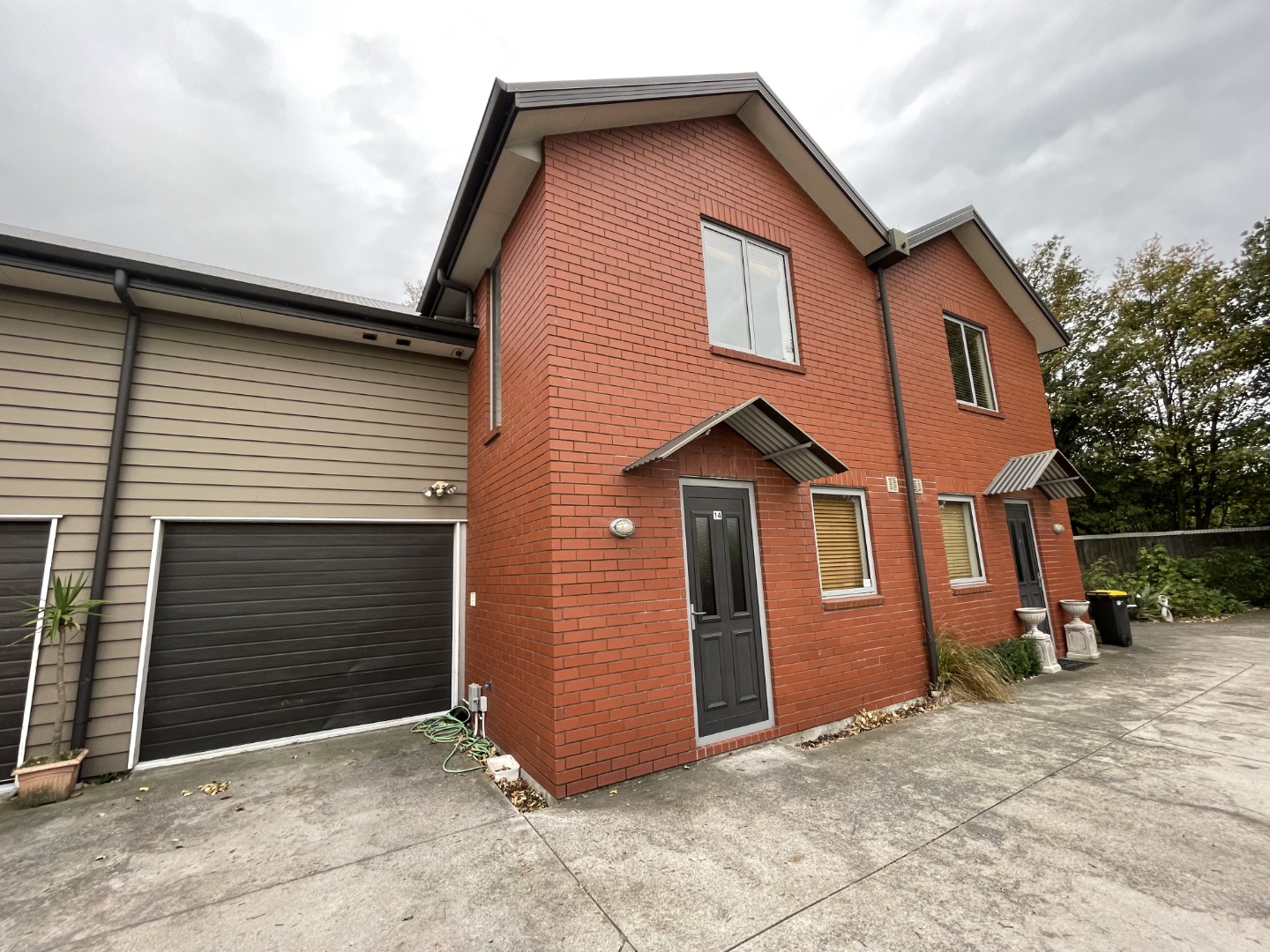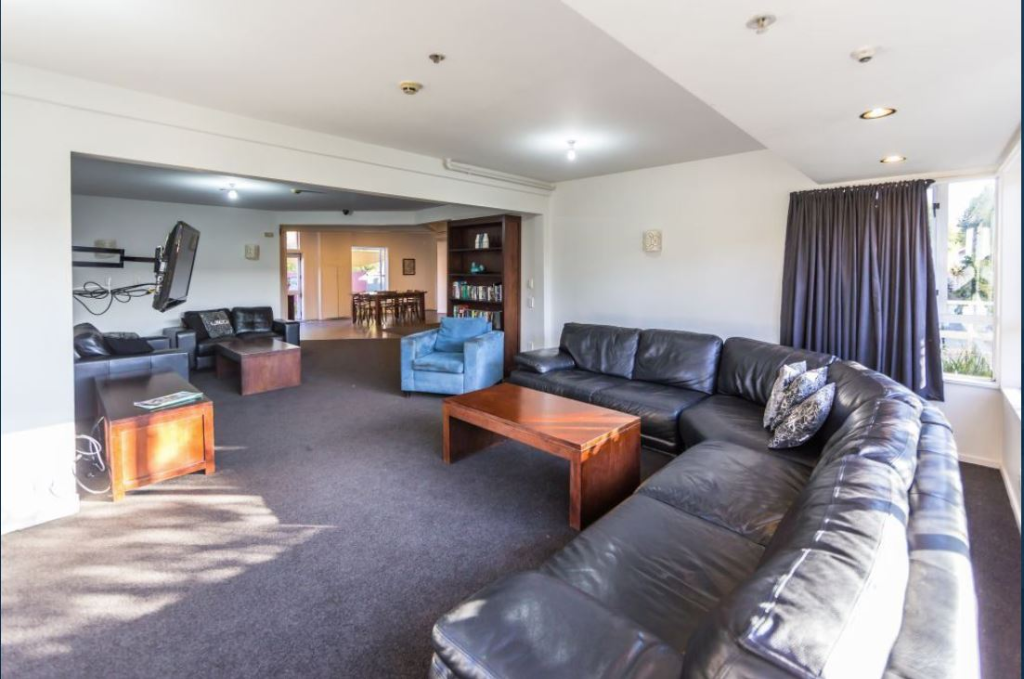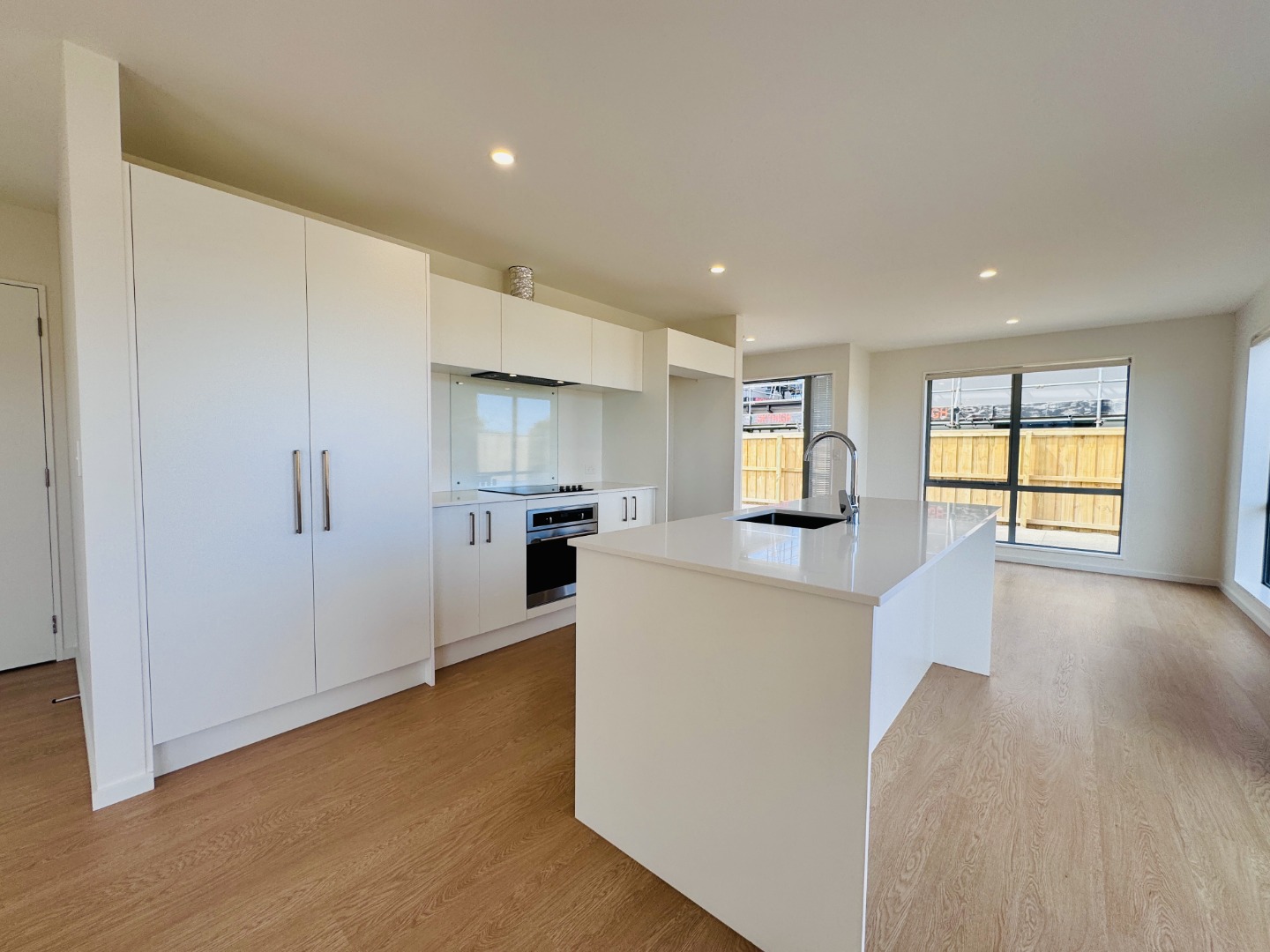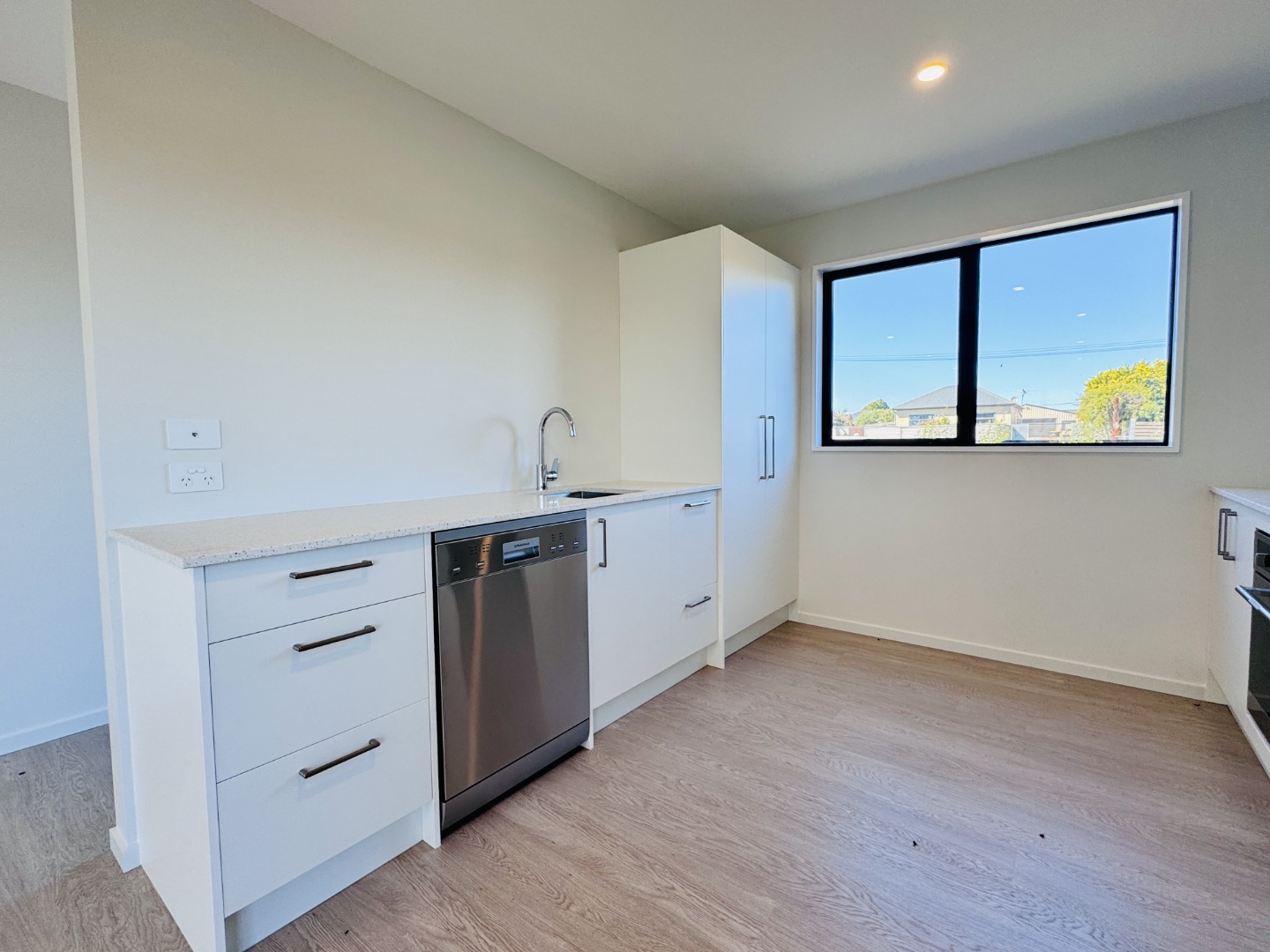

Will Tenants or Landlords Suffer under Labours Rule?

Three out of four people under 40 years old rent in New Zealand. Labour has proposed some rather large changes to the rental industry as they move to support the rights of renters.
Key points of Labour's renting plan:
- extend landlords' minimum notice periods from 42 days to 90 days.
- abolish "no-cause" terminations – currently known as the 90 day notice to vacate for no reason
- limit rent increases to once a year, up from six monthly now.
- set the formula for rent increases in tenancy agreements.
- ban letting fees.
- allow minor alterations, such as painting or hanging pictures, if a higher bond is paid and property returned to original state.
It has pledged to increase from two years to five years the so-called "brightline" test that triggers capital gains tax on investment properties, and is planning to get rid of negative gearing, which allows property investors to offset their other income against losses on rental properties for tax purposes.
While moves to support the security and comfort of tenants were laudable, Labour's policies will scare existing landlords out of the rental market and make the current housing crisis even worse, particularly in Auckland.
The plan would also look at ways to allow longer term fixed tenancies. In those cases, it would create the option of a higher bond in exchange for the ability "to make a house a home" by making minor alternations, like painting a wall or hanging a picture, as long as the tenant returned the property to its original state when they left.
Long term tenants are good business, any policy that comes in too heavily favoured of either tenant or landlord will cause the other party to react. Lifetime tenancies would hinder the ability for Landlords to sell and get top dollar for their properties, especially if the buyer was a homeowner wanting to move in themselves.
Andrew King, NZPIF, said there was no evidence that 90-day notices were being abused. He had only used one in more than a decade of landlording, to get rid of an abusive tenant who was making life impossible for tenants in nearby properties who were too scared to provide evidence for King to present at the Tenancy Tribunal.
Where there were problems the solution had to be targeted and simple, and not penalise the majority of good landlords.
"Keep it simple," he said. "We need a situation where people can provide housing to people who can't afford it, or don't want to own a home."
Private capital is needed to provide rental housing, King says, and he fears regulation that drives landlords to exit the industry.





